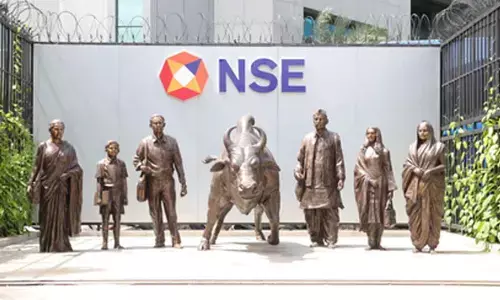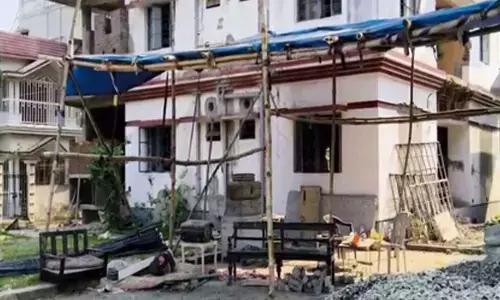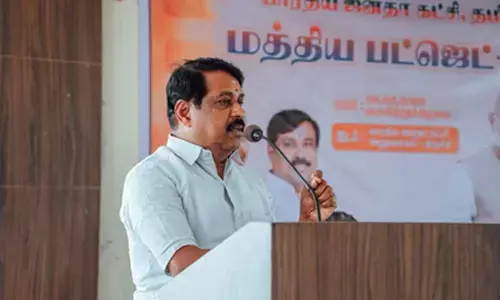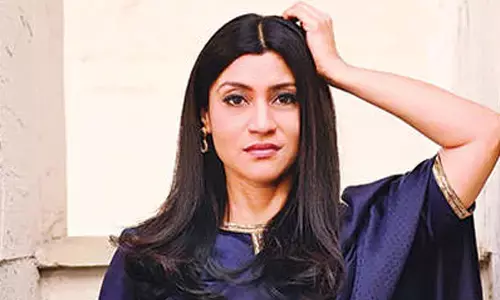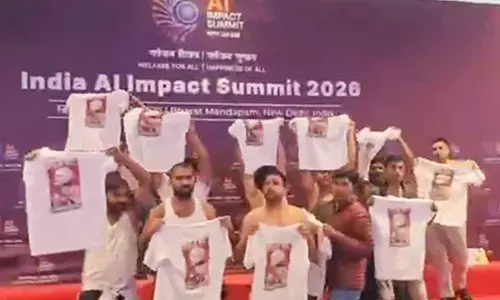Reform or Lose stature
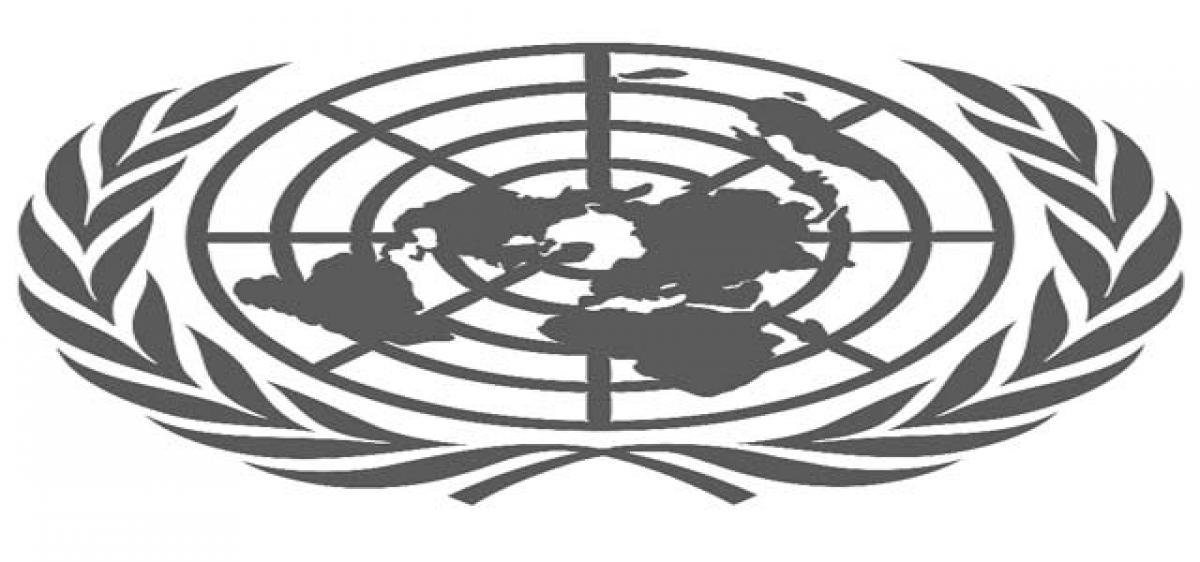
The United Nations has completed 70 years successfully this October with its membership growing from around 50 in 1945 to 193 in 2016. It has also grown in terms of the number of specialised agencies working for different causes and expansion of its activities.
The United Nations has completed 70 years successfully this October with its membership growing from around 50 in 1945 to 193 in 2016. It has also grown in terms of the number of specialised agencies working for different causes and expansion of its activities.
However, few changes have been made in its structure all these decades. A case in hand is of India seeking a seat in the Security Council.
The Security Council, the principal organ concerned with peace and security, has been enlarged in 1965 from 11 to 15 members with addition of four non-permanent members and rise in the number of votes required for action from 7 to 9.
The Economic and Social Council of the UN has been twice expanded from 18 to 27 in 1965 and to 54 in 1973. These were non-controversial developments that followed rapid increase in its membership.
However, no major change is made in the UN Charter since the end of the devastating World War II. The world is changing and in every respect -- political, economic, social -- and in response, every nation’s international role and relations are also changing.
Expectations from global bodies are thus increasing as the world is getting more compact with advancement of communication technology on daily basis giving rise to unbelievable scope for international interaction by thoughts, words, and deeds with diverse intentions. It is time to introduce necessary reforms in the UN so that it can truly reflect the 70 years of over-all changes in the comprehensive world map.
In 2016, there is no victor or vanquished politically. The bi-polar world has given place to multi-polar world. Cold War has ended. But, hundreds of small regional conflicts go on reminding the world that nations have not given up war as a means of settling disputes.
The UN is needed to maintain peace. Additionally, terrorism has appeared as one of the biggest threats to peaceful and orderly life. Weapons of mass destruction are jealously preserved.
Over the years, a number of countries have expressed resentment to the structure of the UN, particularly its Security Council as out of date with current international requirement. Its main features still reflect the power structure in the world at the end of the War. The changes that have taken place globally have brought in new players with substantial influence and pushed down some of the old traditional world powers into almost insignificant forces or as one among many.
But, the world body is stuck in its groove unable to extricate itself mostly due to the reluctance of original heroes to share, not to speak of shedding their primacy in the organisation.
None of the permanent members seem to be sincerely ready to accept the change and take the initiative to reorganise the UN. Some of those inclined to see the writing on the wall like Britain and France cannot proceed against the voice of others. Thus, nearly 35 years of struggle for “equitable representation” in the Security Council has not achieved its goal.
India has been demonstrating its commitment to the principles enshrined in the UN Charter and its faith in promoting multilateralism. In 2003, in the UN General Assembly, India stressed the necessity for reform and restructuring of the UN. In the same year, the UN Secretary-General appointed an expert panel to go into the threats and challenges to world peace and security and recommends measures for countering them collectively.
A crucial recommendation of this panel was to enlarge the Security Council by induction of six new permanent members – two each from Asia and Africa, and one each from Europe and America. The General Assembly adopted a Framework Document on Reforms in 2015, but it did not break the impasse on reforms.
The varying stands taken not only by the present permanent members (who are the real bosses of any reforms) but by all other States – small and middle level – put obstacles in the way of reforms.
Indeed, reforms seem impossible in the face of changing postures adopted by permanent members in different forum and contexts. As a result, India is practically reduced to begging for permanent membership in the Security Council – a status that should be accorded if the UN were to evolve like any other organisation along with global changes.
At times, it seems that it is no exaggeration to say that nothing short of a miracle can bring about reforms in the UN structure. Hope for reforms lies in changing the mindset of several nations with reference to international relations. It is like rewriting a nation’s Constitution – a task impossible as a peace time project in the absence of some kind of a revolution.
With globalisation permeating every sphere of activity, a number of international organisations have emerged for general and specific purposes. Many of the UN agencies are well founded and strong enough to survive even if it were to die like the ILO, WHO, the UNESCO and the International Court of Justice that survived the League of Nations.
Powerful organisations established by international agreements command as much and even more global authority than the Security Council. The IMF and the WB are literally global masters guiding and conducting world economy. The former founded in 1944 presently consists of about 190 members and works for global monetary cooperation, financial stability, international trade, and sustainable economic growth to reduce poverty around the world.
The agreement for WB was made prior to the UN Charter. It has a unique relationship with countries around the world and promotes various sectors from health to education, agriculture, climate change, etc. It is a specialised agency of the UN, but works as an independent body towards the goal of eliminating poverty and building a better future for all.
The World Trade Organisation -- the umbrella body that implements and supervises trade-related international rules and agreements is virtually the controller of many such activities including production, resources, labour, tariff, subsidies, patents, protection of environment, etc. It has become the most important international body outside the UN system.
The world has moved away from the restricted politics of Allies and Axis, the Big Five, colonialism, communist and democracy, etc., that dominated when the UN structure was designed. Today, there are many more centres of power such as the Asian Giants, the European Union, the Arab League, and the African Unity whose authority may not be political or military, but vital to world peace and stability.
Regional and interest group organisations like the ASEAN, BRICS, BIMSTEC, and the SAARC have emerged to safeguard group interests. Unexpected, but a healthy development is the growth of international NGOs whose voice, though feeble, cannot be stifled or ignored.
It is indeed the age of globalisation. The world map is dotted with numerous highly influential international groupings. In realisation of this reality, the UN, which has additional political significance, must get ready to reform itself so as to retain its prestigious primacy in world affairs. Reform or lose stature is the choice before it.
By: Dr S Saraswathi (INFA)



